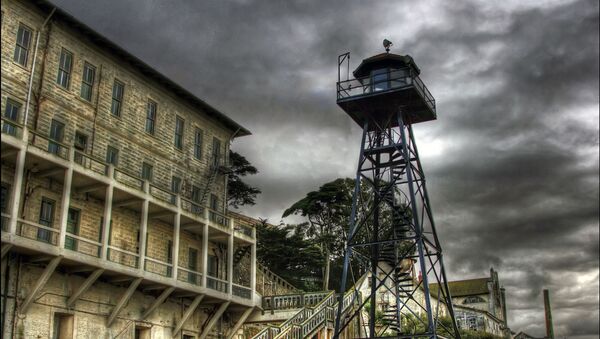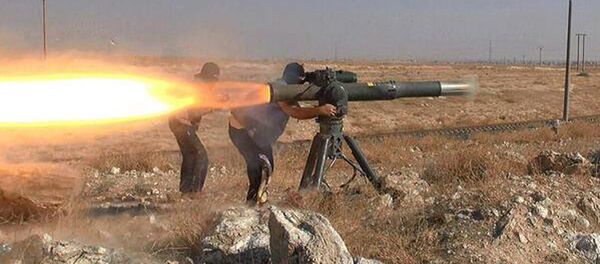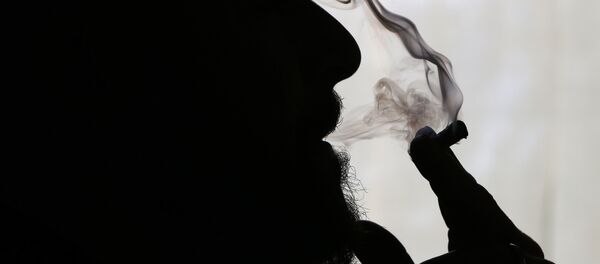Built in 1932, the notorious Rikers Island jail holds an almost mythical place in America’s crime and justice consciousness. Even people in distant places know that if the cop slaps down a file folder next to you and says, "we’re going to put you away for twenty years at Rikers," you will immediately tell everything.
That’s the impression of America’s television audience, watching reruns of the popular Law & Order series. But to the victims of Rikers Island, it is a prison that would make the most hardened Gitmo detainee tremble.
In recent weeks, America has moved away from its "Tough on Crime" stance toward an understanding that the young, and often black, men that get sent to prison facilities typically end up more damaged coming out then when they were sentenced. New York’s Governor Andrew Cuomo is leading the charge in calling for the state to close the prison complex, as part of his platform for criminal justice reform.
The chorus of voices extends far beyond the walls power, driven increasingly by grassroots activists. One of those activists is Glenn Martin, the founder of JustLeadershipUSA (JLUSA) who, together with 58 community, faith-based, and criminal justice reform groups, launched a campaign on Wednesday behind the hashtag #CLOSErikers.
"The conversation so far has been mostly elite players just debating each other in the media," says Martin, "but today is the day where it’s about the community."
The effort to shut down the infamous prison center that, for many inmates, doubles as a torture site, has some high-profile progressive opposition. New York City Mayor Bill de Blasio, himself a proponent of criminal justice reform, scoffs at notions of closing the facility, citing the cost of creating a replacement.
Martin had some strong words for the increasingly unpopular New York mayor, in response to his refusal to address the issue. "If you’re going to build a $3 billion light rail in Brooklyn, just double that and you can save kids’ lives. New York needs to own this, own Rikers Island."
Reverend Ruben Austria, executive director of Community Connections for Youth, shares Martin’s position. "I came to know about Rikers Island through visiting young people who were detained there, kids who didn’t come to Rikers as a violent person but left feeling like they had violent tendencies," said Austria.
One former Rikers Island inmate, Nathaniel Linden, put it more succinctly: "You see the sun here, but it doesn’t shine in there."
The facility that Martin calls "torture island" is a recurring nightmare for not only inmates, but also parents of kids who have ended up there. One mother of a Rikers inmate recalls studying the US Constitution to pass her immigration test, but says those words ring false after seeing the suffering her son endured in the prison.
"In my own life and in the life of my son, I’ve watched the US Constitution be completely trampled on as my son’s civil and constitutional rights have been violated."






